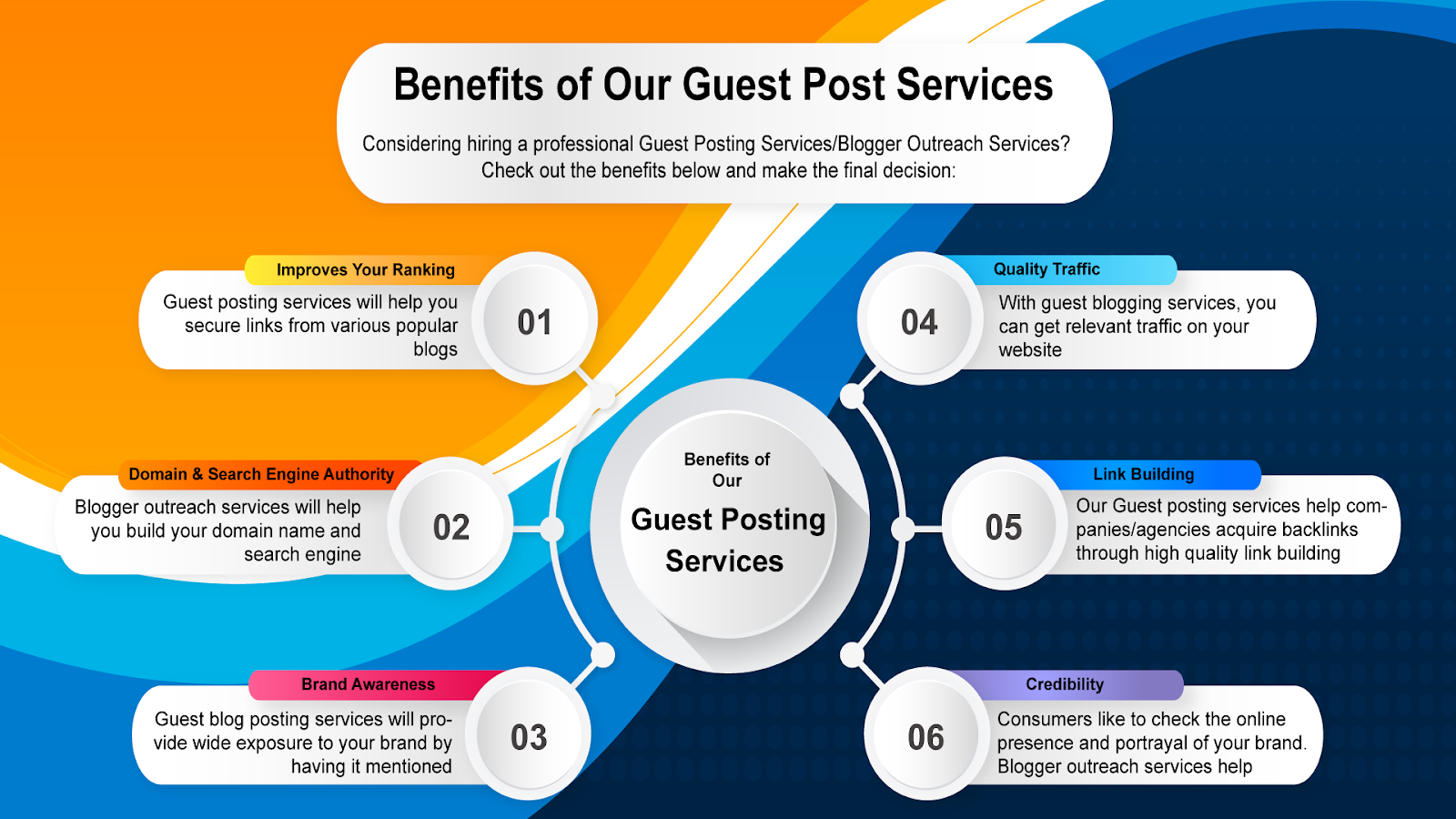Personal development is a lifelong journey focused on self-improvement in every aspect of life. Whether you're seeking to enhance your financial literacy, strengthen your emotional intelligence, or fine-tune your time management skills, personal growth is key to achieving success.
In this comprehensive guide, we will explore the most critical elements of personal development, from goal setting to mastering investment strategies, all designed to help you live a more fulfilling and productive life.
Self Help: Taking Control of Your Life
Self help is all about understanding that the power to change lies within you. It involves creating a mindset where you take responsibility for your actions and decisions. To embark on this journey, start by identifying areas in your life that need improvement and develop a concrete plan to address them.
Mindfulness: Practicing mindfulness can greatly enhance your awareness and focus. This not only leads to better decision-making but also improves your overall quality of life.Goal Setting: Establishing clear, actionable goals is the first step toward realizing your dreams. Break down your big ambitions into smaller, manageable tasks.
Financial Literacy: Building a Strong Financial Foundation
One of the most important aspects of personal development is financial literacy. Understanding how money works, from budgeting tips to wealth building, can help you make better financial decisions that will impact your long-term success.
Budgeting Tips: A solid budget is the foundation of financial stability. Start by tracking your expenses, setting realistic financial goals, and cutting unnecessary costs.Debt Management: Effectively managing debt is essential to achieving financial freedom. Focus on reducing high-interest debts first and consider consolidating loans to simplify repayment.
Investment Strategies: Learning how to invest your money wisely can increase your wealth over time. Consider diversifying your portfolio with stocks, bonds, and other investment vehicles.
Wealth Building: Creating Long-Term Financial Success
Wealth building goes beyond just earning a good income—it involves smart financial planning and decision-making to ensure that your wealth grows steadily over time.
Savings Plans: Create a long-term savings plan that includes emergency funds, retirement accounts, and investments in assets that appreciate in value.Financial Planning: Planning your financial future means more than just saving money. It includes knowing how to grow and protect your assets.
Money Management: To effectively manage your finances, it’s important to keep a balance between spending, saving, and investing. Always have a plan for both short-term needs and long-term goals.
Life Coaching: Guidance for Personal Success
A life coach can offer valuable insight into your personal and professional life, helping you set and achieve goals more effectively. With the right guidance, you can clarify your vision, stay motivated, and remain accountable to your plans.
Motivation Techniques: Consistent motivation is key to maintaining progress toward your goals. Establish a morning routine that sets the tone for a productive day and utilize visualization techniques to keep your eyes on the prize.Success Mindset: Cultivating a success mindset involves embracing challenges, learning from failures, and staying committed to growth.
Time Management: Maximizing Your Productivity
Effective time management is crucial for achieving both personal and professional success. It involves prioritizing tasks, avoiding distractions, and using your time efficiently to meet your objectives.
Productivity Hacks: Utilize tools like the Pomodoro technique, where you work in focused intervals, or create daily to-do lists to stay organized and on task.Habit Formation: Developing good habits, such as setting aside specific times for work and relaxation, can improve your overall productivity. Studies show that consistency is key to turning actions into habits that stick.
Stress Management: Knowing how to handle stress effectively will enable you to stay calm under pressure and maintain focus on what truly matters.
Mindfulness: Staying Present in a Busy World
In today's fast-paced society, practicing mindfulness can help you stay grounded and focused. Mindfulness encourages you to live in the moment and reduces anxiety by allowing you to gain control over your thoughts and emotions.
Meditation: Regular meditation has been shown to reduce stress and improve focus. Set aside a few minutes each day to quiet your mind and focus on your breathing.Positive Thinking: Reframing negative thoughts into positive ones can greatly impact your outlook on life. Instead of dwelling on setbacks, focus on the opportunities that challenges present.
Investment Strategies: Making Your Money Work for You
Investing is a powerful tool for building wealth over time, and it’s important to understand how to leverage your money for long-term growth.
Stock Market: Investing in stocks allows you to own a share of a company, and over time, the value of your shares may increase.Real Estate: Real estate is another investment strategy that can lead to significant financial gains, especially in growing markets. Whether you're buying property to rent or sell, the key is knowing when and where to invest.
Financial Planning: Securing Your Future
Proper financial planning is key to ensuring long-term security and success. From retirement plans to estate planning, taking control of your financial future should be a priority.
Retirement Planning: Start contributing to retirement accounts early, whether through employer-sponsored plans or personal IRAs.Estate Planning: Ensure your wealth is protected by creating an estate plan that includes a will, trusts, and designated beneficiaries.
Self-Improvement Books: Knowledge is Power
There are countless books on self-improvement that can offer guidance and insight into various aspects of personal growth. Some of the top reads include:
“Atomic Habits” by James Clear: This book emphasizes the importance of building small habits that compound over time into significant improvements.“The 7 Habits of Highly Effective People” by Stephen Covey: This classic provides a framework for personal and professional effectiveness.
Success Mindset: Developing a Winning Mentality
To achieve lasting success, it’s essential to develop a success mindset. This involves cultivating resilience, embracing challenges, and staying focused on your goals even when faced with adversity.
Growth vs. Fixed Mindset: A growth mindset allows you to view failures as opportunities to learn and improve. On the other hand, a fixed mindset limits your potential by discouraging risk-taking and innovation.Emotional Intelligence: High emotional intelligence is crucial for understanding and managing both your emotions and the emotions of those around you. This can lead to better relationships and more effective leadership.
Conclusion
Personal development encompasses a wide range of skills and areas of improvement, all aimed at helping you live a more fulfilling, productive, and successful life. From financial literacy to mastering mindfulness and time management, every aspect of your personal growth contributes to your overall success. By continuously working on yourself, setting and achieving goals, and maintaining a positive mindset, you can unlock your full potential and lead a life of success and fulfillment.





